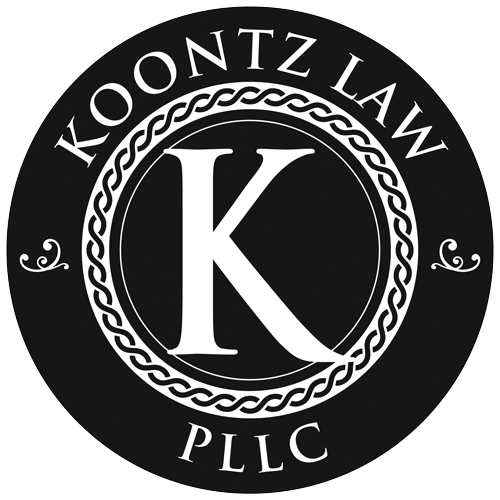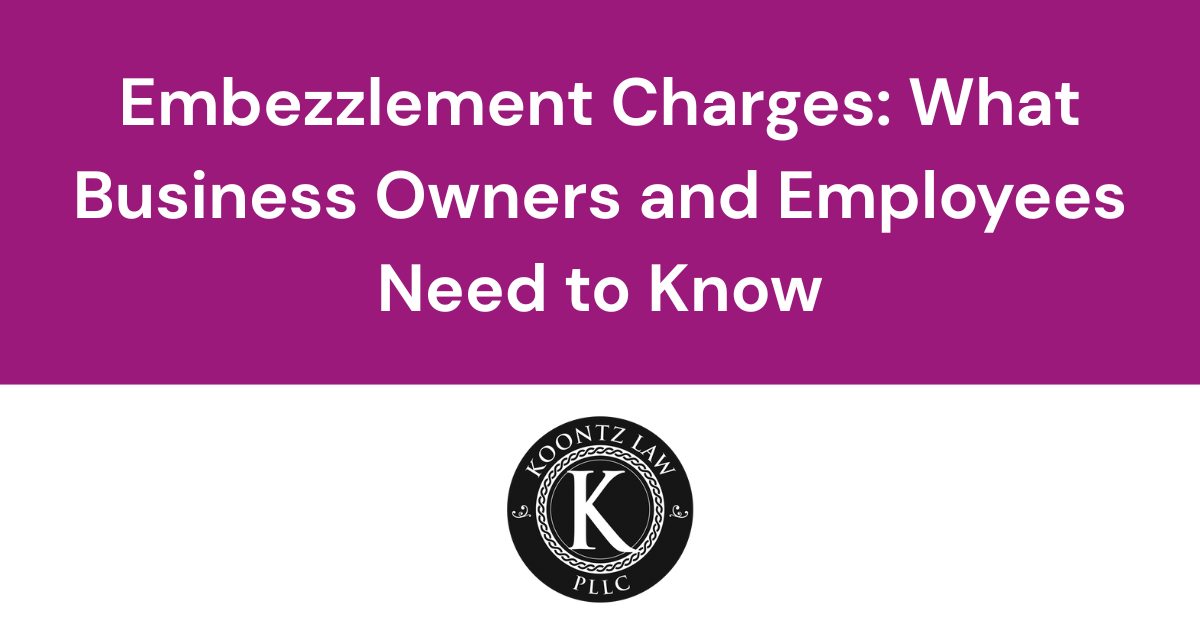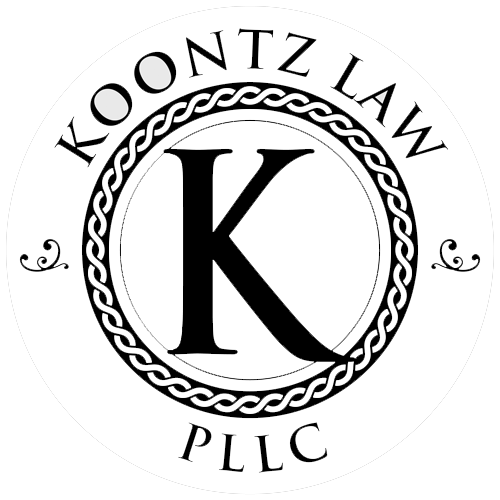How to Handle Boundary Disputes with Your Neighbors in North Carolina
Boundary disputes between neighbors can be stressful, emotional, and legally complex. In North Carolina, these conflicts often arise due to unclear property lines, outdated surveys, or misunderstandings over land use. Whether it’s a disagreement about a fence, driveway, or property encroachment, it’s important to approach the situation calmly, respectfully, and with the proper legal guidance. At Koontz Law, PLLC, we understand how delicate these disputes can be and are here to help you navigate them with professionalism and care.
1. Understand the Cause of the Dispute
The first step in resolving a boundary dispute is identifying the root of the issue. Is your neighbor claiming ownership over a piece of your property? Has someone built a structure that crosses the property line? Sometimes, it’s as simple as differing interpretations of where the boundary actually lies.
2. Review Your Property Documents
Pull out your deed, title insurance, and any previous surveys. These documents can provide valuable insight into your property lines. However, keep in mind that older surveys might not align with current landmarks or legal boundaries.
3. Get a Professional Land Survey
Hiring a licensed surveyor to conduct a current, accurate land survey is a crucial step. This objective third-party documentation can clarify property boundaries and often serves as strong evidence if the dispute escalates.
4. Communicate Respectfully
Try to resolve the matter through open and respectful communication with your neighbor. Avoid confrontational or accusatory language, and instead focus on mutual understanding and cooperation. Document your conversations and agreements in writing whenever possible.
5. Explore Mediation or Legal Action
If talking it out doesn’t work, you may consider mediation. Mediation is often faster and less expensive than going to court. However, if the issue persists and your property rights are at risk, legal action may be necessary. At Koontz Law, PLLC, we can help you explore your options and represent your interests, whether through negotiation or litigation.
6. Prevent Future Issues
Once resolved, consider marking the boundary clearly with fences, landscaping, or signage. Keep updated surveys on hand and communicate with future neighbors to maintain clarity and avoid future conflicts.
Get Help from an Experienced North Carolina Property Attorney
Handling a boundary dispute requires patience, preparation, and often legal expertise. At Koontz Law, PLLC, we’ve helped many clients in Davie County and across the Piedmont Triad protect their property rights and find peaceful resolutions to neighbor disputes. If you’re facing a boundary issue or simply want to clarify your property lines, don’t wait. Contact Koontz Law, PLLC today to schedule a consultation and let us help you protect what’s yours with confidence and care.











